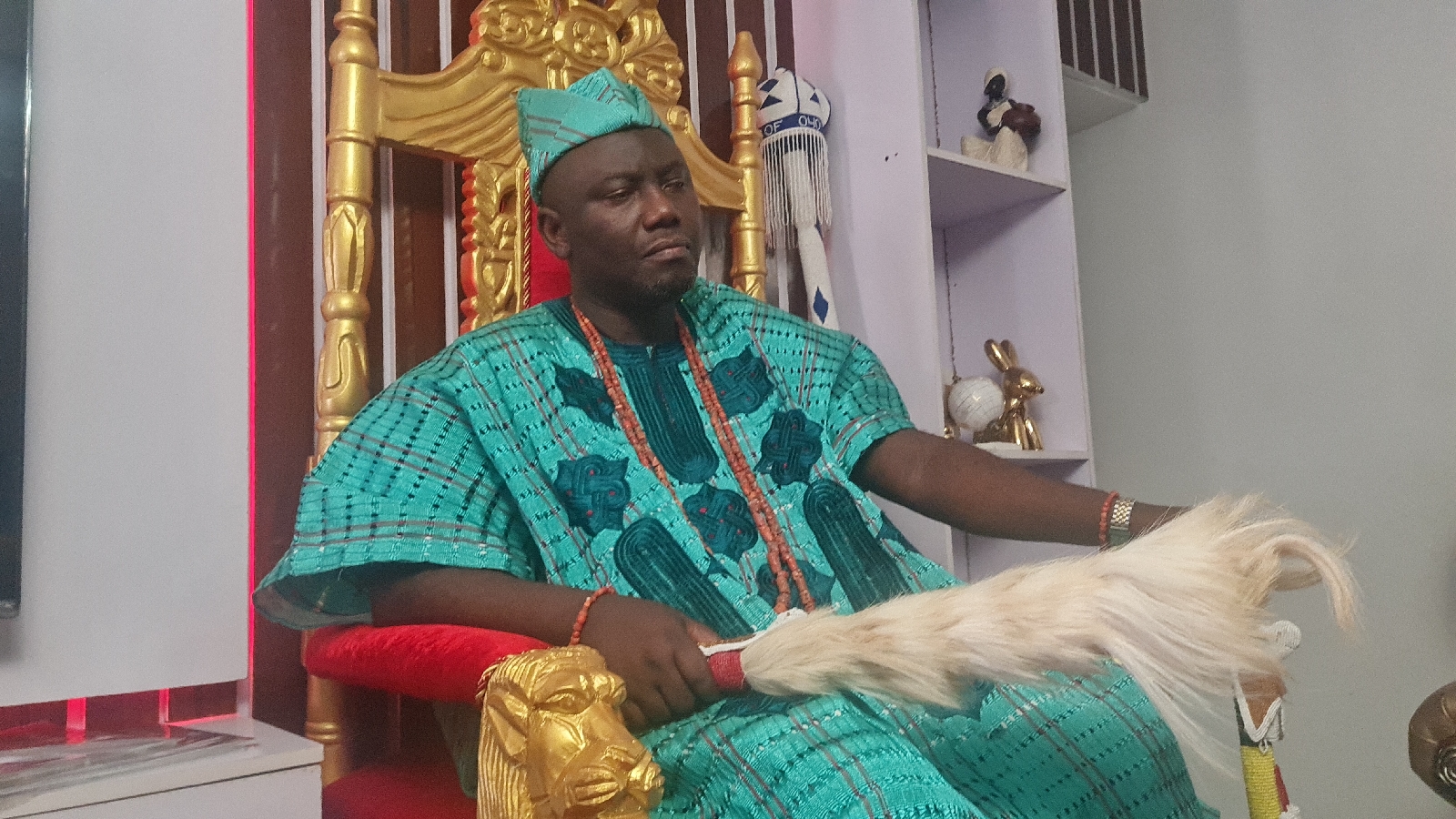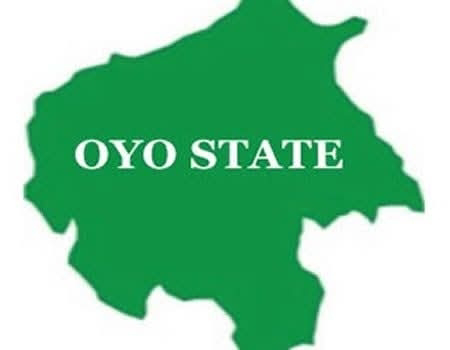Donald Trump has said that the US could aid European security guarantees as he met Ukrainian President Volodymyr Zelenskyy at the White House.
He later said that Russian President Vladimir Putin had accepted security guarantees for Ukraine.
Trump also said they would discuss "the possible exchanges of territory", before abruptly appearing to change his position on a ceasefire saying: "all of us would prefer an immediate ceasefire while we work on a lasting peace."
Trump sat down with Zelenskyy in the Oval Office, before meeting with European leaders, including Prime Minister Sir Keir Starmer, President Macron of France and German Chancellor Friedrich Merz.
The Oval Office meeting was much more cordial than their infamous meeting in February, in which Trump berated Zelenskyy in front of the world's media.
Trump said there was a “good chance” of ending the war through these meetings.
“I know the president, I know myself, and I believe Vladimir Putin wants to see it end,” Trump said.
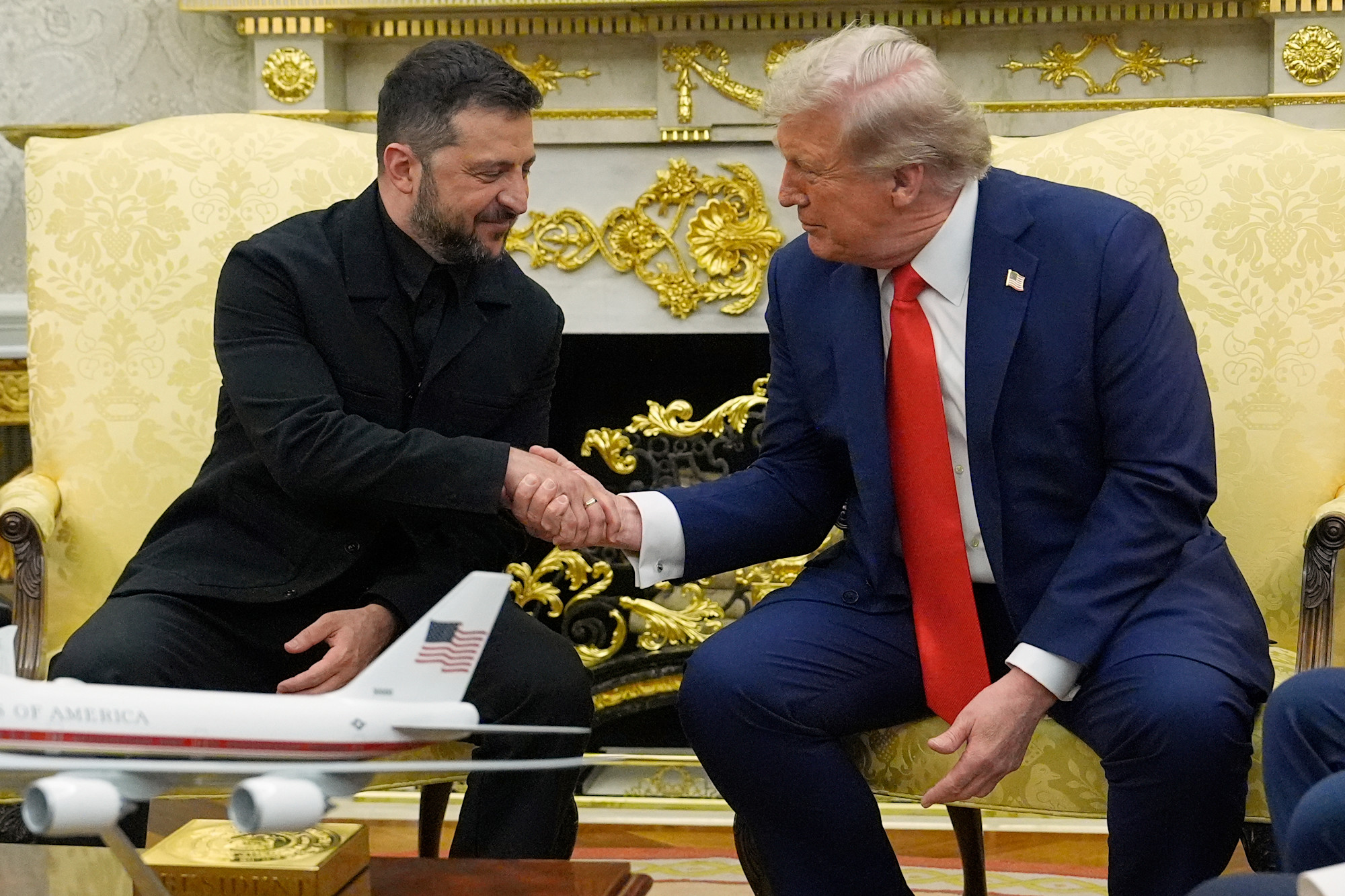
"If everything works out today, we'll have a trilat," Trump said, referring to possible trilateral talks among Zelenskyy, Putin and Trump. "We're going to work with Russia, we're going to work with Ukraine."
Zelenskyy also expressed openness to trilateral talks.
"We are ready for trilateral as the president said," Zelenskyy said. "It's a good signal about trilateral. I think this is very good."
Trump also hinted that the US could join Europe in providing security guarantees to Ukraine, although he did not give any details on what that would entail.
"They want to give protection," Trump said of European allies. "They feel very strongly about it and we'll help them out with it. I think it's very important."
Trump stopped short of committing U.S. troops to the effort, saying instead that details would be hashed out in their afternoon meeting with EU leaders.
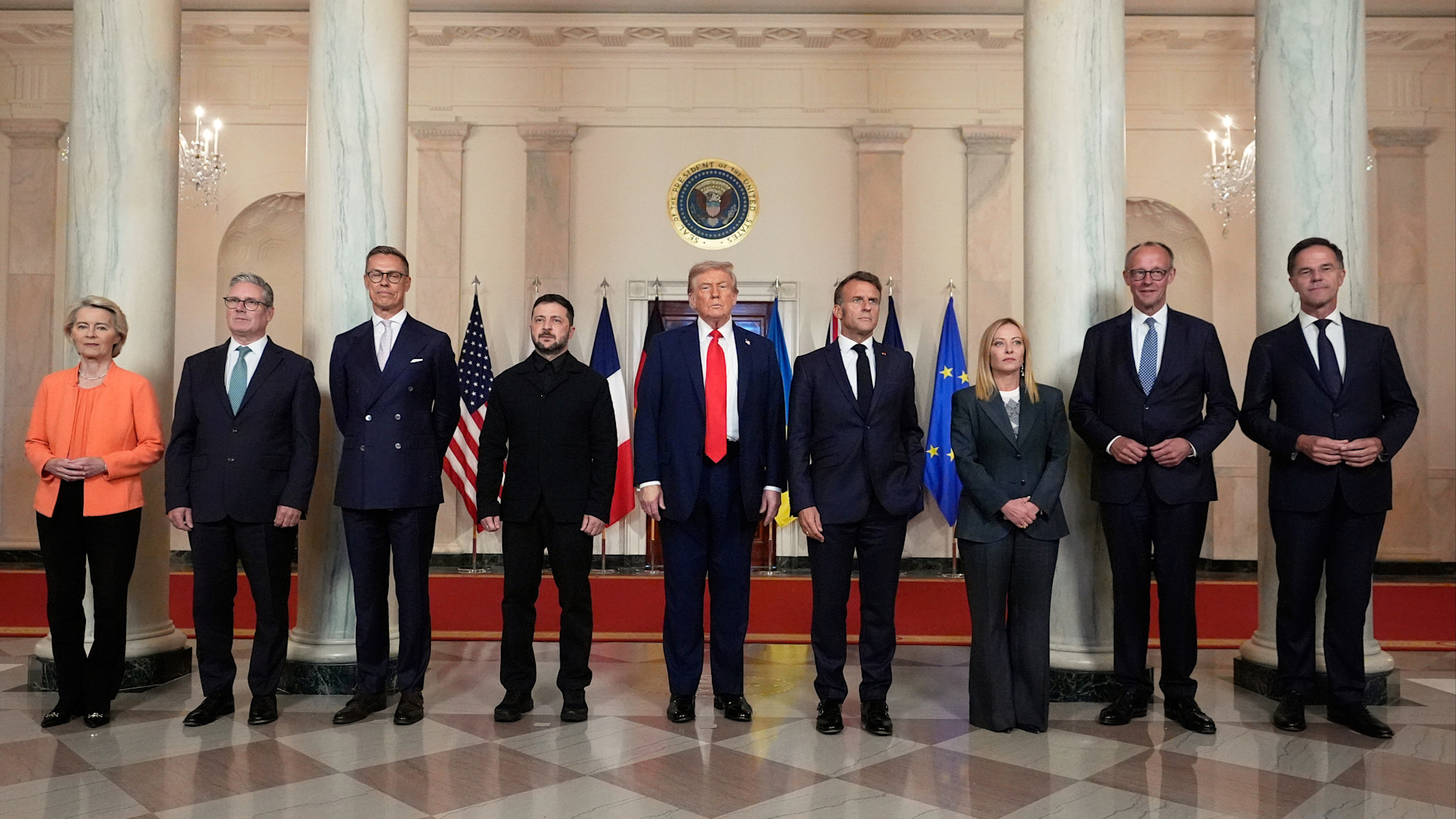
Also in Washington are Sir Keir Starmer, France’s Emmanuel Macron, Germany’s Friedrich Merz, Italy’s Giorgia Meloni, and Alexander Stubb, president of Finland.
Nato Chief Mark Rutte and European Commission President Ursula von der Leyen are also attending.
Sitting in the East Room, Trump recognised all of those around the table, with each leader taking the opportunity to speak. The President also appeared to change his mind on a ceasefire, saying: "all of us would obviously prefer the immediate ceasefire while we work on a lasting peace.”He added that he likes a ceasefire because it would “immediately stop the killing,” but reiterated that a peace agreement between the two countries is “very attainable” at this point in the war.The German chancellor said he would “like to see a ceasefire from the next meeting, which should be a trilateral meeting” with Ukraine, Russia and the US. He praised Trump for his efforts to help work out an ending to the war.
Earlier, Trump said on his Truth Social platform that Zelenskyy "can end the war with Russia almost immediately, if he wants to, or he can continue to fight."
He added there would be "no going into Nato by Ukraine" and "no getting back" of Crimea, which Russia illegally annexed from Ukraine in 2014.
The US president appeared excited for Monday's meeting, adding "big day at the White House tomorrow. Never had so many European Leaders at one time. My great honour to host them!!!"
Zelenskyy appeared to respond to Trump, saying: "Peace must be lasting. Not like it was years ago, when Ukraine was forced to give up Crimea and part of our East—part of Donbas—and Putin simply used it as a springboard for a new attack," he added.
Donetsk and Luhansk, two mineral-rich regions of Ukraine that are mostly occupied by Russian forces, could be the proposed price for peace.
In exchange, the Russian president would reportedly withdraw his forces from other areas of Ukraine and accept a Nato-like security guarantee that Ukraine would be protected from further incursion.
By arriving as a group, leaders hope to avoid any debacles like
The public spat, which saw Vance accuse Zelenskyy of not being thankful enough to the US, resulted in American aid to Ukraine being temporarily halted.
The European leaders will also push to protect Ukraine from having to submit to Russian land grabs as a price for peace.
The European leaders have said it is up to Ukraine to decide how it wishes to end the war, and hailed Zelenskyy’s commitment to a peace.
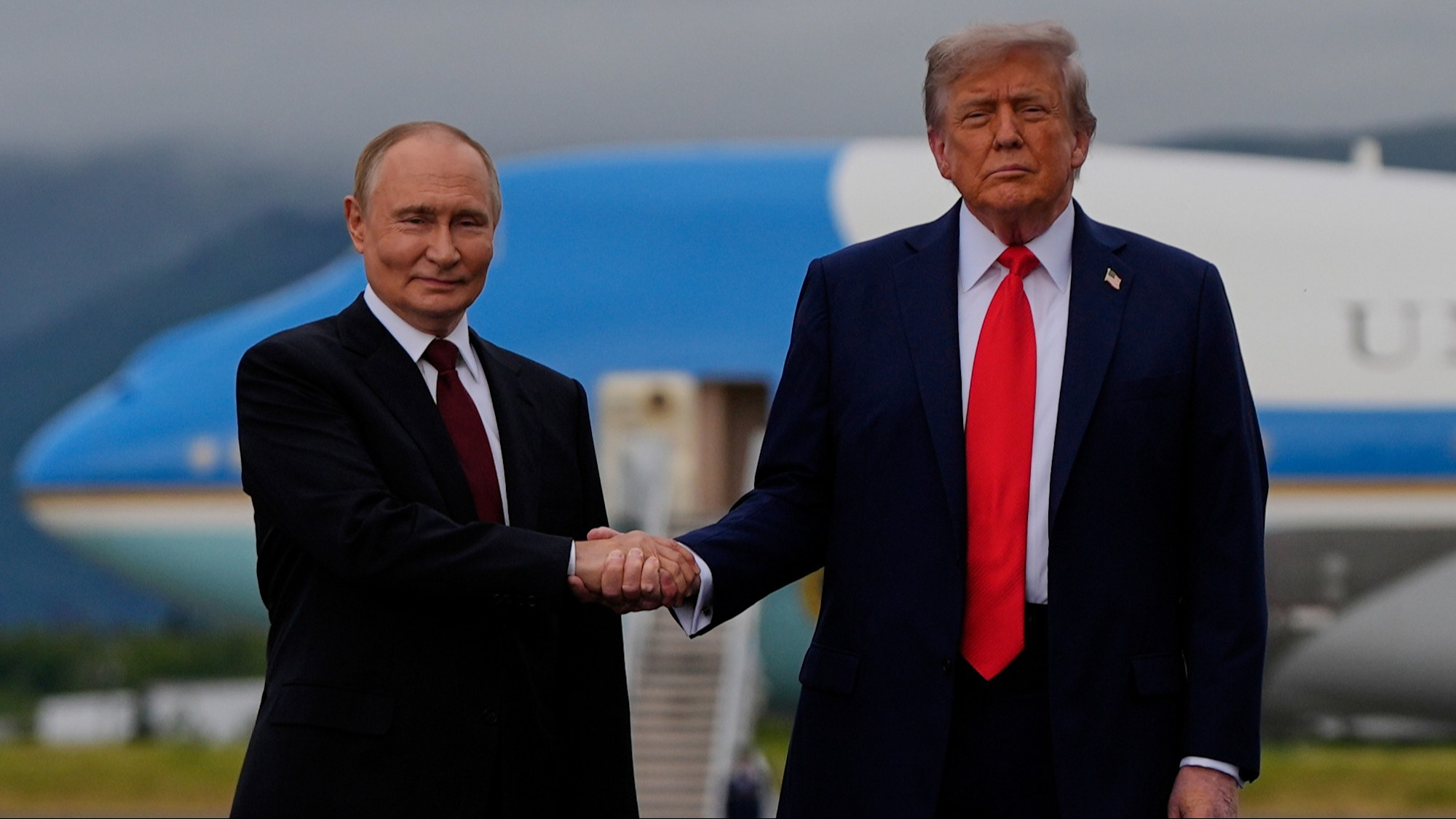
Trump has appeared to drop his calls for a ceasefire after his summit in Alaska with the Russian President.
Putin has long refused to agree to a ceasefire as a precondition for talks to end the war, prompting fears that Russia could continue gaining ground in Ukraine as negotiations take place.
The US president has instead said he wants to focus on a long-term peace deal, though his secretary of state Marco Rubio has signalled a deal is “still a long way off”.
There will be “additional consequences” for Russia if it does not agree to a peace deal, Mr Rubio added, though he suggested fresh financial sanctions would be unlikely to force Putin to the negotiating table.
Zelenskyy, however, had indicated that a ceasefire is his preference, telling reporters on Sunday "it’s impossible to do this under the pressure of weapons. So it’s necessary to cease fire and work quickly on a final deal."














